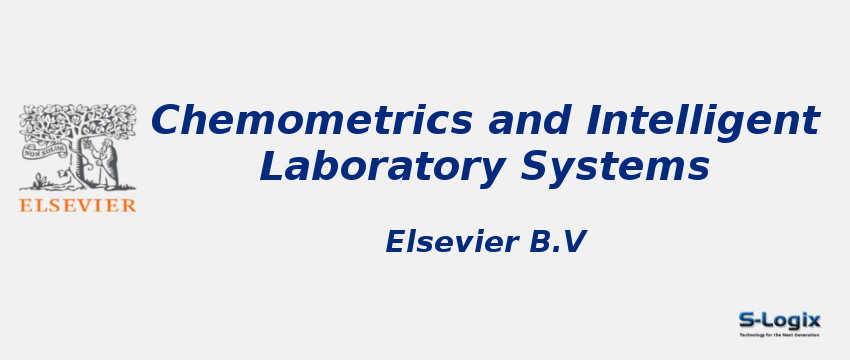Journal Home: Journal Homepage
Editor-in-Chief: Federico Marini
Print ISSN: 0169-7439
Electronic ISSN: 1873-3239
Abstracting and Indexing: Science Citation Index Expanded, Scopus.
Imapct Factor 2024: 3.8
Subject Area and Category: Computer Sciences, Industrial Engineering, Chemistry
Publication Frequency: Monthly
H Index: 150
Q1:
Q2: Analytical Chemistry
Q3:
Q4:
Cite Score: 7.4
SNIP: 1.200
Journal Rank(SJR): 0.654
Latest Articles: Latest Articles in Chemometrics and Intelligent Laboratory Systems
Guidelines for Authors: Chemometrics and Intelligent Laboratory Systems Author Guidelines
Paper Submissions: Paper Submissions in Chemometrics and Intelligent Laboratory Systems
Publisher: Elsevier B.V.
Country: Netherlands
